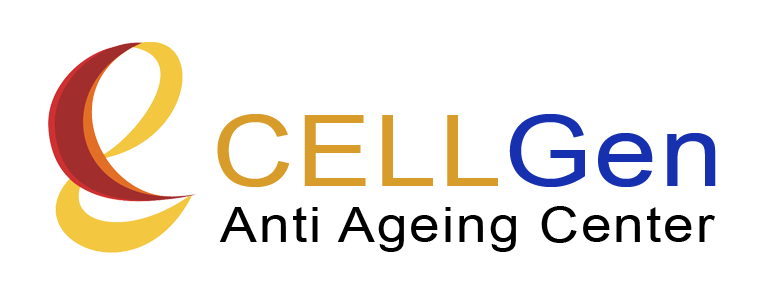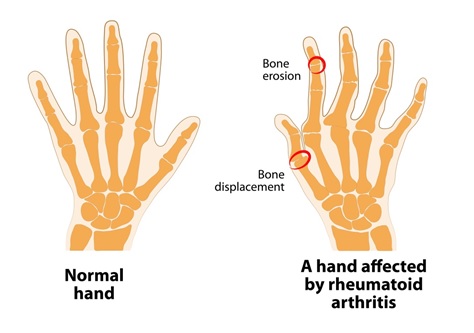RA is an autoimmune condition, which primarily affects the synovium in the knee, causing inflammation followed by destruction of the joint surfaces.
SYMPTOMS: Initial symptoms of RA are generally pain and morning stiffness. RA in the knee can be isolated or be a part of generalized pain. The disease, which starts as synovitis in the knee, progresses to destroy the joint. The characteristic symptoms of pain, swelling and morning stiffness, with other joint involvement will all suggest RA. The disease is characterized by episodes of acute inflammation interspersed with periods of remission. When the arthritis takes toll on the cartilage of the knee, the joint becomes deformed and painful even to the slightest of movement.
It is now universally acceptable that there is no complete cure for RA.
Treatment methods are aimed to reduce pain and inflammation. Attempts are also made to slow down joint damage and try and improve general well- being.
Here comes the role of Stem Cell therapy.
• RA management is a team effort, headed by a rheumatologist together with other health professionals such as physiotherapists, occupational therapists, nurses, psychologists, orthopaedic surgeons and social workers.
• The treatment modalities include counselling, medication, physiotherapy and ultimately Stem Cell therapy or Surgery.
DISEASE – MODIFYING DRUGS IN
Rheumatoid Arthritis
• Injectable gold salts, certain cancer drugs like Methotrexate, anti-malarial agents like Hydroxychloroquin and anti-inflammatory drugs of bowels like Sulfasalazine are some of the popular disease – modifying drugs used in RA.
• These drugs need proper & intensive monitoring and least to decrease side effects.
World Research with Stem Cell Treatment in Rheumatoid Arthritis
• STEM CELL THERAPY IS HELPFUL IN PATIENTS NOT RESPONDING TO CONVENTIONAL TREATMENT.
• Stem cell therapy – does improve the quality of life and helps getting rid of most of the manifestations of Rheumatoid Arthritis.


Recent Comments